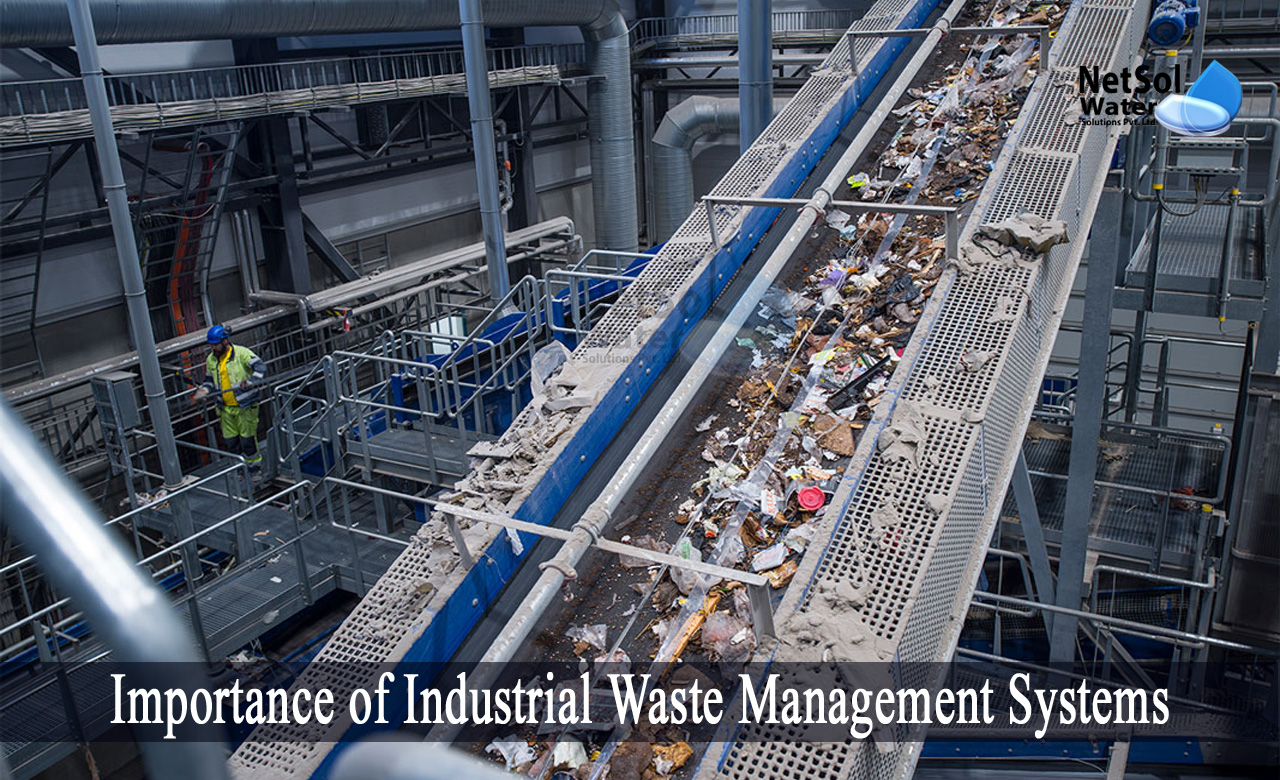Not known Facts About Reclaim Waste
Not known Facts About Reclaim Waste
Blog Article
Reclaim Waste Can Be Fun For Anyone
Table of ContentsReclaim Waste - The FactsSome Of Reclaim WasteIndicators on Reclaim Waste You Need To KnowAn Unbiased View of Reclaim WasteThe 9-Minute Rule for Reclaim Waste
Residential sewage waste refers to the waste and products from a household septic storage tank. The correct monitoring and disposal of domestic sewage waste call for liquid waste to be moved to a sewer treatment plant where the appropriate approaches and equipment are applied to detoxify and dispose of waste.
Commercial waste usually includes prospective threats, such as flammable products or a mix of fluid and solid waste items, and needs an advanced and detailed disposal procedure. The disposal of business waste commonly includes the filtering of waste prior to transport to ensure risk-free and appropriate disposal. Hazardous waste is created from byproducts and runoff of commercial procedures and manufacturing.
This kind of waste can not use the exact same sewer administration transport or processes as septic or business fluids. The industrial waste monitoring procedure needs the inspection and testing of fluid waste before it goes through the disposal process (industrial wastewater treatment). Overflow waste is the liquid waste that originates from overflow and excess stormwater in extremely booming locations or cities
Runoff waste can cause contamination and flooding if not handled appropriately. Find out more regarding drain cleaning and waste management. Guaranteeing correct waste monitoring can protect against calamities and lower environmental injury. Both individuals in property settings and specialists in business or production industries can gain from comprehending the processes and laws of fluid waste administration.
The Reclaim Waste Statements
Get in touch with PROS Services today to learn about our waste administration and disposal solutions and the proper ways to take care of the liquid waste you generate.
(https://www.behance.net/leonaube)Do you recognize what happens to your water when you draw the plug, purge the toilet or drain pipes the washing device? No? Well, it's worth knowing. This so-called 'wastewater' is not only a vital resource but, after treatment, will be released to our land, waterways or the sea. Used water from toilets, showers, bathrooms, kitchen sinks, washings and industrial procedures is recognized as wastewater.

water used to cool equipment or tidy plant and equipment). Stormwater, a type of wastewater, is drainage that moves from farming and metropolitan areas such as roofs, parks, gardens, roads, courses and gutters into stormwater drains pipes, after rainfall. Stormwater streams without treatment directly to neighborhood creeks or rivers, ultimately getting to the sea.
Not known Facts About Reclaim Waste
In Queensland, most wastewater is dealt with at sewer treatment plants. Wastewater is delivered from domestic or industrial websites with a system of sewers and pump stations, recognized as sewage reticulation, to a sewer therapy plant.
The Division of Natural Resources suggests regional governments regarding handling, operating and keeping sewage systems and therapy plants. In unsewered areas, city governments might call for homeowners to mount private or home sewage treatment systems to treat domestic wastewater from bathrooms, cooking areas, shower rooms and laundries. The Division of Natural Resources authorises making use of house systems when they are verified to be reliable.
A lot of stormwater obtains no therapy. In some new neighborhoods, treatment of some stormwater to get rid of trash, sand and gravel has actually begun using gross contaminant catches. Wastewater therapy occurs in 4 stages: Removes solid issue. Larger solids, such as plastics and various other objects mistakenly discharged to sewage systems, are eliminated when wastewater is travelled through displays.
Uses little living organisms knows as micro-organisms to break down and get rid of staying liquified wastes and great fragments. Micro-organisms and wastes are integrated in the sludge.
How Reclaim Waste can Save You Time, Stress, and Money.
Nutrient elimination is not available whatsoever sewage treatment plants because it needs costly specialised tools. It is coming to be more common in Queensland. Clear liquid effluent created after treatment may still consist of disease-causing micro-organisms. If this effluent is launched right into rivers such as rivers or the sea, the micro-organisms will ultimately pass away out.

A lot of wastewater moves right into the sewage system. Under the Act, local federal governments provide approvals and permits for environmentally relevant check this site out tasks (ERAs) entailing wastewater launches that might have a regional impact.
The Of Reclaim Waste
Tracking supplies accurate info concerning water top quality and can validate that permit conditions are being fulfilled. The information obtained via surveillance offers the basis for making water high quality decisions.
Report this page